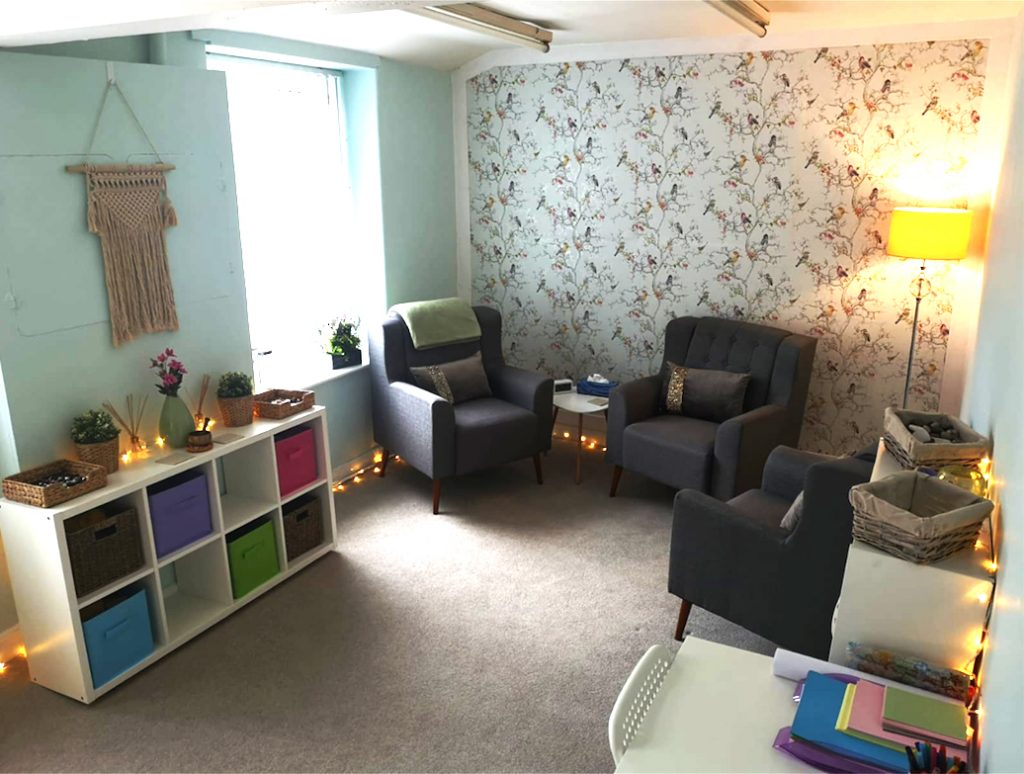The teenage years – full of new experiences, developing your identity, connecting with people…or is it? How is Covid-19 impacting on the mental health of teenagers? Here is what we have seen….
We grow up dreaming of what life will be like when we get more independent. In the last year, older teenagers have experienced one or more of the following:
• Moving to online lessons
• Exams being cancelled
• Qualifications being inadequately assessed
• Missing out on end of school celebrations and transition
• Loss of the structure of school, college and university
• Unexpected experiences of starting college and university
• Loss of connections with peers
• Limited opportunities for new skills such as driving lessons
• Limited job opportunities
• Loss of safety and security
• Bereavement
• Family difficulties
• Limited opportunities for independence
The list goes on. We have seen, and heard, it all. Part of teenage development is about risk-taking and exploring boundaries, but those opportunities are currently limited. That life of independence, progression and new experiences is on hold. The end result – frustration, loss of motivation and low mood. Constantly changing ‘rules’ and glimmers of hope just serve to make it worse. Sound familiar?
Here are some tips that have helped the young people we have been working with:
Routine – probably once one of the most hated words for a teenager! Many are now telling us about how important it is. Even if it involves making their bed, having a shower, putting on fresh clothes and having a chat with a friend. We are creatures of habit, and encourage it with young children too. Having a purpose for the day helps us to keep motivated.
Small steps – when getting to the end of the week, or even the day, feels too much, break it down into small steps. With low mood we lose motivation, but focusing on the one thing that you can do next will help you to believe that you can then take another step.
Journaling – when we keep feelings inside, they don’t disappear. They build up until a time when they force their way out, usually when we are overwhelmed, tired and can’t take any more. Journaling is a healthy way of managing thoughts and feelings. It helps us to reflect and be aware of what is happening for us. You can get a pre-printed one that guides you through, or a blank book where you can just do your own thing.
Vision and intention – keeping in mind what we are aiming for is a great motivator. Whether it’s the college or university course, career plan, meeting new people, being able to move out of home, trips away, new skills you want to learn. Make a vision board or mind map with what you would like to achieve in each area of your life. We love Pinterest for this!
Stay connected – it’s hard when you know you’re not going to see people for a while, or when not much is happening in your life to talk about. But finding ways to stay connected is vital. Watch films together, play games against each other, talk about how you feel. As adults we may feel equally de-motivated and the thought of trying to engage teenagers to spend time with us may seem pointless. This is a really important time to try – do something new, go for a walk, or just being together will make a big difference.
Do something different – listen to a new podcast, try a new app, watch a motivational TED talk, learn a new skill. Having so much time can be used wisely and each little thing we do can bring big rewards in how it impacts our feelings.
We keep hearing that this won’t be forever, but it doesn’t always feel that way. For now, focus on you, focus on the next step and focus on what you CAN do.



